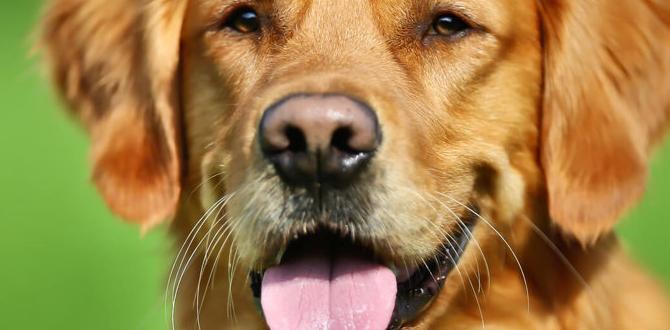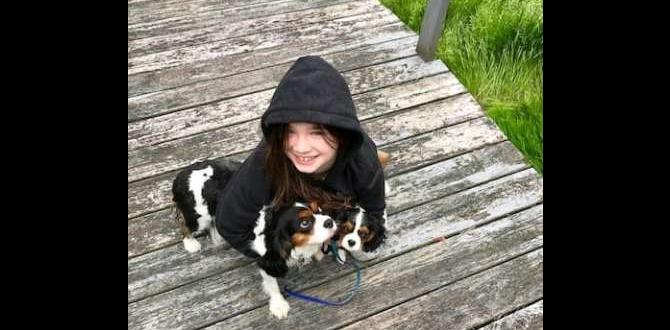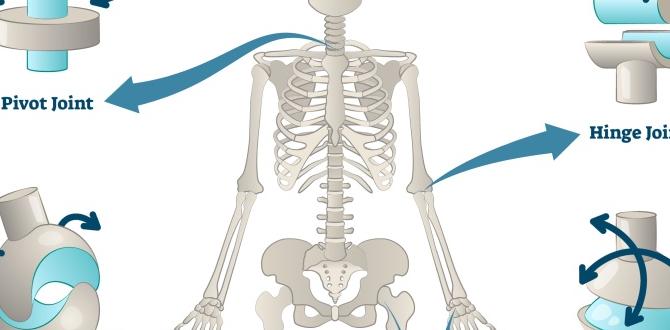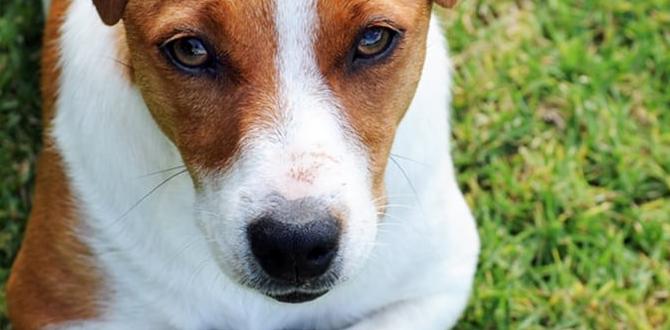Dog Jealousy Issues: Best Fixes for Older Pups
Dog jealousy issues in older dogs can be a surprisingly common, yet often overlooked, challenge for devoted pet owners. We often associate these behaviors with puppies and younger dogs, but as our beloved senior companions age, they can develop or even exhibit new displays of possessiveness and insecurity. This can manifest in various ways, from subtle nudges and guarding behaviors to more overt displays of distress when their owner’s attention is directed elsewhere. Understanding the root causes and implementing targeted strategies are crucial for ensuring a harmonious home environment where your golden oldie feels secure and loved.
As dogs age, their needs and perspectives can shift. This can be a significant factor contributing to dog jealousy issues in older dogs. Physical changes, such as declining eyesight or hearing, can make them feel more vulnerable and reliant on their main caregiver. Similarly, cognitive decline, a form of canine dementia, can lead to confusion, anxiety, and an increased need for reassurance, which can be expressed as jealousy. Pain or discomfort from conditions like arthritis can also make a dog less tolerant of perceived disruptions to their comfort and routine, fueling possessive tendencies. It’s vital to rule out any underlying medical conditions with your veterinarian before assuming a behavioral issue.
Recognizing The Signs of Dog Jealousy in Senior Pups
Identifying dog jealousy issues in older dogs requires keen observation. Unlike younger dogs who might overtly express their discontent with growls or snaps, older dogs might exhibit more subtle, yet equally impactful, signs. These can include:
Excessive Nudging or Blocking: When you’re interacting with another person or pet, your older dog might persistently nudge your hand or body to regain your attention. They might even physically position themselves between you and the object of their perceived threat.
Guarding Behavior: This can range from protectively lying on your lap when someone new enters the room to growling or showing teeth if another pet gets too close while you’re petting them.
Destructive Behavior: In some cases, a jealous older dog might resort to chewing on furniture or other objects when left alone or when they feel their needs aren’t being met, especially if their perceived “competitors” are receiving attention.
Changes in Affection: While some owners might see their older dog become more clingy, others might notice a withdrawal of affection when the perceived rival is present, potentially as a form of protest.
Staring or Whining: An older dog might fixate on you with an intense stare or emit soft whines when you’re engaged with someone or something else, indicating their discomfort and desire for your focus.
Addressing Dog Jealousy Issues in Older Dogs: A Multifaceted Approach
Once you’ve confirmed that medical issues are not the primary concern, you can begin to implement strategies to manage and resolve dog jealousy issues in older dogs. The key is patience, consistency, and a deep understanding of your senior companion’s emotional landscape.
Promoting Security and Positive Reinforcement
A cornerstone of addressing dog jealousy issues in older dogs is to actively build their confidence and reinforce positive associations.
Dedicated One-on-One Time: Ensure your older dog receives ample undivided attention every day. This doesn’t have to be elaborate. A gentle grooming session, a quiet cuddle on the couch, or a short, calm walk can make a world of difference. This dedicated time reassures them of their special place in your life.
Positive Reinforcement for Calm Behavior: When your older dog remains calm and relaxed while you interact with others, reward them generously. Use high-value treats, praise, and gentle petting. This teaches them that being calm earns them positive attention.
Avoid Punishing Jealous Behavior: Scolding or punishing a jealous dog, especially an older one, can exacerbate their anxiety and insecurity, potentially leading to more severe behavioral problems. Instead, distract them with a favorite toy or redirect their attention.
Managing Interactions and Creating Boundaries
Strategic management of interactions can significantly reduce triggers for dog jealousy issues in older dogs.
Controlled Introductions: If jealousy arises when a new pet or person enters the home, manage introductions carefully. Keep initial interactions brief and positive. Ensure your older dog feels secure and has an escape route if they become overwhelmed.
Establish a “Place”: Train your older dog to go to a specific, comfortable spot (like their bed) during times when jealousy is likely to arise, such as when guests arrive or during meal times. Reward them for happily staying in their designated area.
Don’t Coddle During Episodes: While it’s tempting to comfort a distressed dog, inadvertently rewarding their jealous behavior with excessive attention can reinforce it. Instead, try to calmly redirect them. Once they are calm, then offer reassurance.
Environmental Enrichment and Mental Stimulation
Sometimes, boredom or lack of stimulation can contribute to dog jealousy issues in older dogs. Providing engaging activities can redirect their energy and focus.
Puzzle Toys: Slow-feeder bowls, treat-dispensing toys, and interactive puzzles can keep their minds occupied and provide a sense of accomplishment, reducing the need to seek attention through possessive behaviors.
Gentle Play: Engage in modified play sessions that are appropriate for their age and physical condition. This could be a gentle game of fetch with a soft ball or a short tug-of-war.
Nose Work: Scent games are excellent for seniors as they are low-impact and tap into their natural instincts. Hiding treats around the house for them to find can be incredibly rewarding and mentally stimulating.
Embracing the senior years of your canine companion should be a time of deep bond and shared comfort. By understanding the nuances of dog jealousy issues in older dogs and implementing these compassionate and effective strategies, you can help your cherished pet navigate their twilight years with confidence, security, and continued affection. Remember, patience and love are your most potent tools in ensuring your old friend enjoys a happy and fulfilling retirement by your side.
Meet Elyse Colburn, the devoted canine companion and storyteller behind the enchanting world of “Tales, Tails, and Adventures Unleashed.” A passionate dog enthusiast with a heart full of paw prints, Elyse Colburn shares heartwarming tales and insightful adventures, celebrating the joy, loyalty, and endless antics that make every dog a true hero. Join Elyse Colburn on this tail-wagging journey, where every post is a love letter to our four-legged friends.







